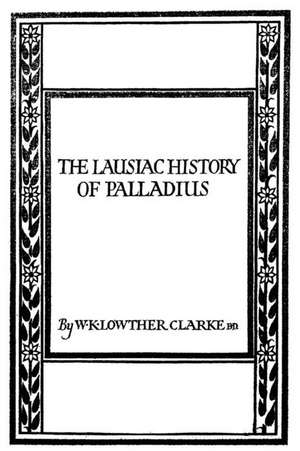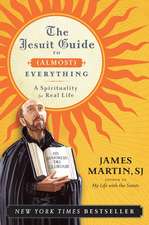The Lausiac History of Palladius
Autor Lauther-Clarke Bn, W. K., Brother Hermenegild Tosfen Limba Engleză Paperback
Preț: 71.19 lei
Nou
Puncte Express: 107
Preț estimativ în valută:
13.62€ • 14.26$ • 11.34£
13.62€ • 14.26$ • 11.34£
Carte disponibilă
Livrare economică 10-24 martie
Preluare comenzi: 021 569.72.76
Specificații
ISBN-13: 9781542770439
ISBN-10: 1542770432
Pagini: 190
Dimensiuni: 152 x 229 x 10 mm
Greutate: 0.26 kg
ISBN-10: 1542770432
Pagini: 190
Dimensiuni: 152 x 229 x 10 mm
Greutate: 0.26 kg








